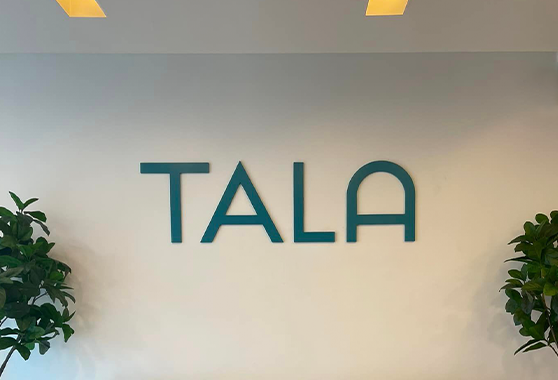Table of Contents
Normally, in English and in HR context, both the terms are exchangeable. It’s easy to confuse between the two. So, to get the basics right, let’s start with definitions of CV and a resume.

What is a Resume?
A resume is a one-page document that contains a brief summary of your skills, achievements, work experience, and education. And it can be easily tailored for different jobs, depending on the skills you want to highlight.
What is a CV?
Like a resume, a CV also provides your education and experience summary. By definition, CV means Curriculum Vitae, which translates to “course of life” in Latin.
As the name suggests, a CV contains a lot of details. It’s a thorough document which is usually longer than 2 pages depending on your accomplishments. Your CV, like a resume, contains your education, skills, and work experience. But that’s not all.
Your CV is expected to contain a detailed overview of any additional honours, awards and grants you have received. It also holds your presentations and publications. That is, a list of your published books or articles in journals, as well as presentations at conferences. And finally, don’t forget to include any professional or scholarly associations and references in your CV.
The difference between a CV and a Resume?
If you’ve read this far, the difference between a CV and a resume must be pretty obvious by now. But for the sake of clarity, let’s put it down in ink.
- Length – A resume is a single page document while CV is generally more than 2-3 pages.
- Details – A CV is a chronologically listed detailed overview of your life’s accomplishments. Whereas in a resume, you can change the order of sections to highlight various details.
- Customisable – As stated, a resume needs to be tailored for every new position you’re applying for. In contrast, a CV is static. That is, it remains the same for every position you apply.
For someone just starting out in a career, a CV may be just a couple of pages long. That’s why entry level folks often confuse it with resume. And it’s fine because the difference between a CV and a resume is pretty much negligible at that stage.
However, for scholars in research and academia, it’s a whole another ballgame. Researchers often deal with multiple projects simultaneously. And when you throw in a few teaching responsibilities, publishing research journals and so on, it becomes crucial for them to maintain a CV. In addition to being a reflection of their work experience, it becomes a record of their accomplishments.
Conclusion
Almost every company lets you know if they need a CV and a resume (they mostly ask for a resume). On the same note, start building your CV even if you already have a resume. Just like those researchers, you’ll see its value over a period of time when you need a master list of everything you’ve accomplished.
So, there you go, the difference between a CV and a resume isn’t a mystery anymore. If you need help creating a kickass resume, check out our articles full of useful resources below.
Resume For Freshers: How to Write a Resume With No Work Experience
5 Skills on Your Resume That Instantly Grab a Company’s Attention
5 Key Tips to Drastically Increase Your Chances of Getting a Job Interview
How to Write a Job Application Letter [Sample included]
More on social media in recruitment
Want to be a part of Exclusive, Invite - only Recruitment events?
Get notified when new stories and insights are released.
You always have the choice to unsubscribe.










